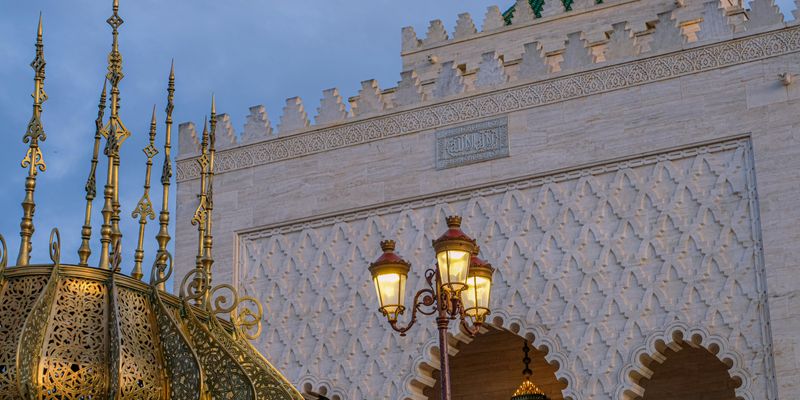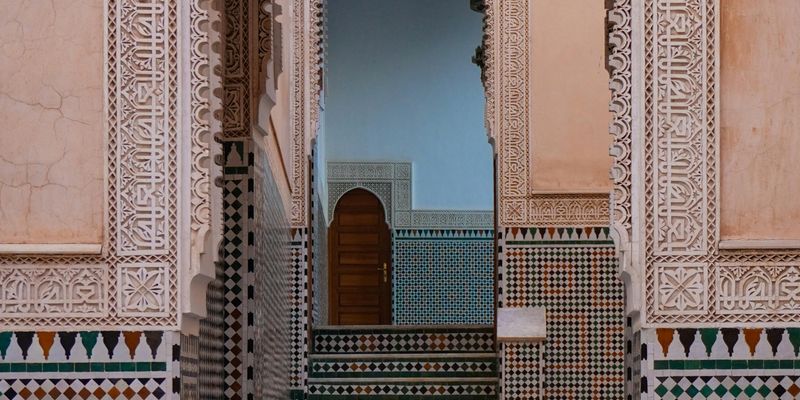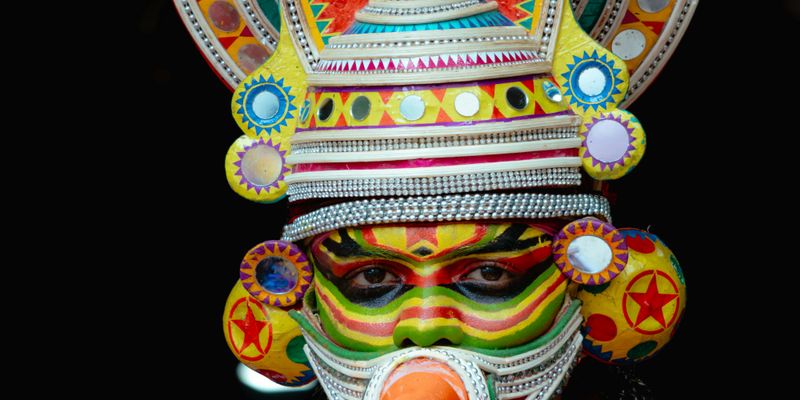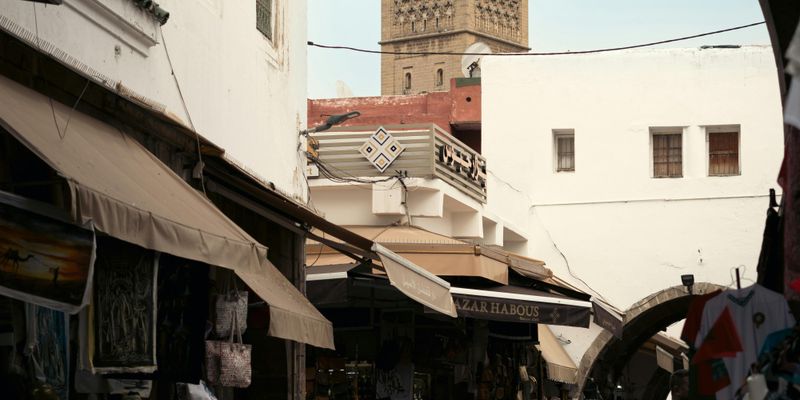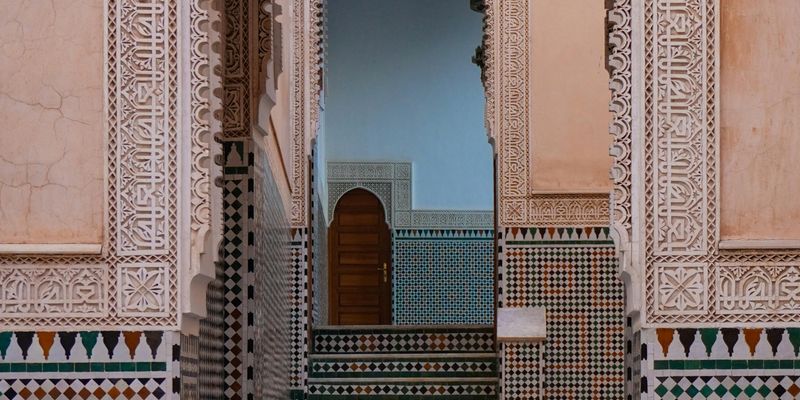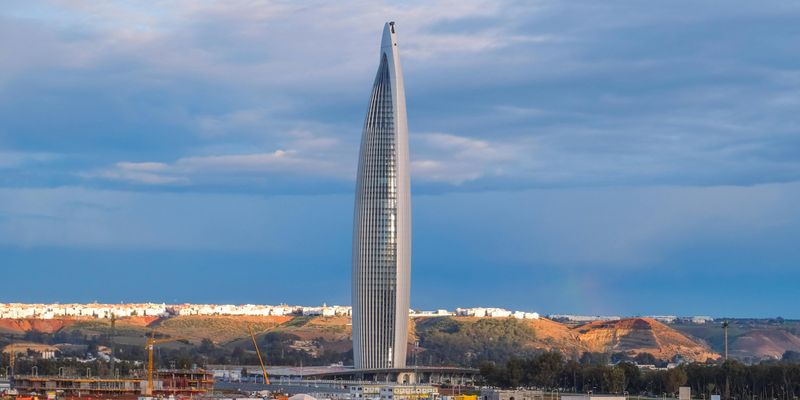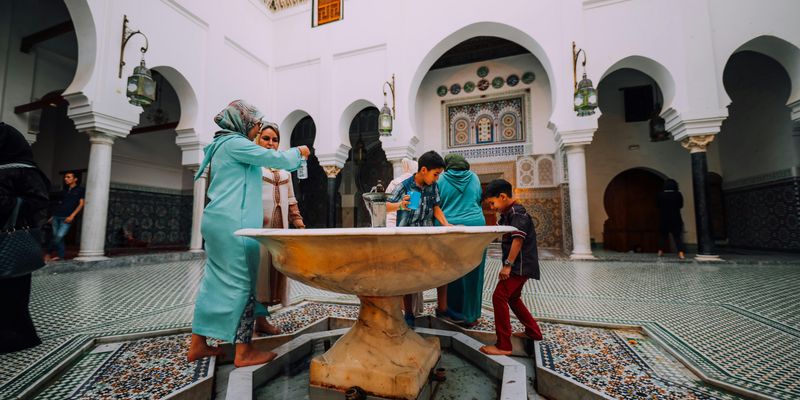
Why Education in Morocco is a Gateway to Opportunity and Growth
Welcome to my blog, "Why Morocco," where I invite you to discover the beauty and richness of my homeland. Today, I want to share with you a topic that is incredibly close to my heart—education in Morocco and how it serves as a true gateway to opportunity and growth for our youth.
Embracing Tradition and Modernity
Morocco is a land where ancient traditions coexist beautifully with modern advancements. Education here is no exception. With a rich history that dates back to the founding of the first university in the world, Al Quaraouiyine, in Fez, Moroccan education has always been deeply rooted in culture and innovation. This institution, established in 859 AD, is more than just a symbol of our educational heritage; it reflects Morocco’s commitment to learning and knowledge.
A Growing Educational Landscape
In recent years, Morocco has made significant strides in improving its educational system. The government has invested heavily in public education, focusing on access, quality, and inclusivity. As a result, literacy rates have improved dramatically, and more children than ever are able to attend school. Educational reforms have emphasized not only traditional subjects but also STEM (science, technology, engineering, and mathematics), arts, and vocational training—ensuring that students are well-prepared for the complexities of the 21st-century job market.
Opportunities Beyond the Classroom
Education in Morocco isn't limited to academic learning. It promotes critical thinking, creativity, and cultural awareness. Many schools and universities encourage students to engage in extracurricular activities, including community service, which fosters a sense of social responsibility. For instance, the Moroccan National Commission for Education, Culture, and Science (CNECS) organizes programs where students participate in projects to better their communities, fostering both leadership skills and a sense of pride.
Connecting With the Global Community
With the rise of globalization, Moroccan students are now better connected than ever with international cultures and ideas. Many universities offer programs in multiple languages, including French and English, opening doors for Moroccans to study abroad or engage in exchange programs. Additionally, partnerships with international institutions allow for the sharing of knowledge, resources, and best practices. This exposure cultivates a generation that is not only educated but also culturally fluent and ready to contribute to the global stage.
Entrepreneurship and Innovation
For those who aspire to be entrepreneurs, Morocco’s educational institutions are increasingly providing resources and platforms for startup development. Initiatives like the Startup Maroc and various incubators within universities encourage students to cultivate their business ideas. With a growing support system for young entrepreneurs, the Moroccan educational landscape is transforming into a fertile ground for innovation and business growth.
Join Us On This Journey
As we continue to navigate the nuances of education in Morocco, it is important to recognize the opportunities it presents for growth and development. From embracing traditions to pushing the boundaries of modern education, Morocco stands at the forefront of creating a bright future for its youth. I invite you to explore how our educational advancements can inspire and empower individuals not just within our borders, but across the globe.
Thank you for joining me on this journey through Morocco’s educational landscape. Stay tuned for more insights about our vibrant culture, rich history, and how every corner of this beautiful country offers unique opportunities.
